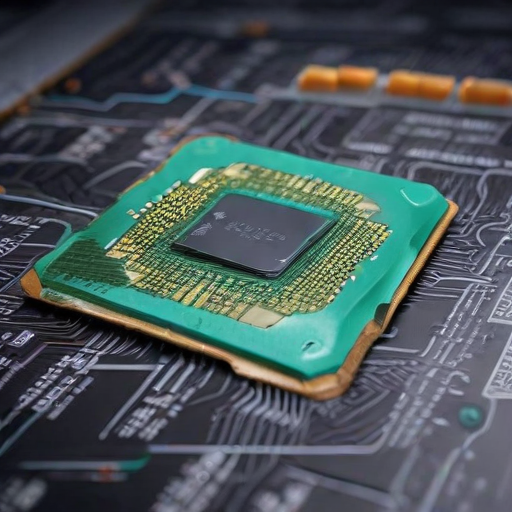South Korea stands out as one of the few nations experiencing a surge in productivity linked to artificial intelligence (AI), although potential challenges stemming from U.S.-China trade tensions could pose risks to its growth, according to Bank of America analysts.
The semiconductor sector plays a crucial role in the South Korean economy, constituting 17% of its exports. A recent report from Bank of America Global Research indicates that South Korea has emerged as the largest beneficiary of the AI boom, with exports soaring more than 50% year-over-year. Analysts maintain that the country’s significant investments in AI research and development, along with an increasing number of AI-related patents, are expected to bolster its position in AI adoption moving forward.
Despite these promising developments, analysts caution that geopolitical tensions could impact the semiconductor supply chain, particularly amid escalating tensions between the U.S. and China. Although South Korea has successfully diversified its chip exports beyond China, over 30% of its chip exports in 2023 were still directed to China and Hong Kong, with exports to the U.S. mirroring this figure.
If the U.S. enacts further trade restrictions on AI-related semiconductor exports to China, it may significantly undermine South Korea’s memory semiconductor exports, the analysts warn. South Korean chip manufacturers also rely on China for essential chipmaking components and equipment, meaning that any disruption in the supply chain could hinder their production capabilities.
Reports suggest that the U.S. has urged South Korea to limit its exports of equipment and technology used in the manufacture of memory chips and advanced logic chips, specifically focusing on chips surpassing 14-nanometer and DRAM memory chips exceeding 18-nanometer. South Korean officials are currently deliberating this request due to potential consequences for major domestic firms like Samsung and SK Hynix, which have substantial operations in China.
Furthermore, the Biden administration is contemplating the implementation of an export control rule that would prevent allies from supplying chipmaking tools to China if the products are produced using U.S. intellectual property.
In summary, while South Korea has a strong foothold in AI productivity and semiconductor exports, external geopolitical pressures present a formidable challenge to its growth trajectory. The ongoing developments in U.S.-China relations could create an opportunity for South Korea to reassess its strategies and strengthen its semiconductor industry, fostering resilience and innovation in the face of adversity.
